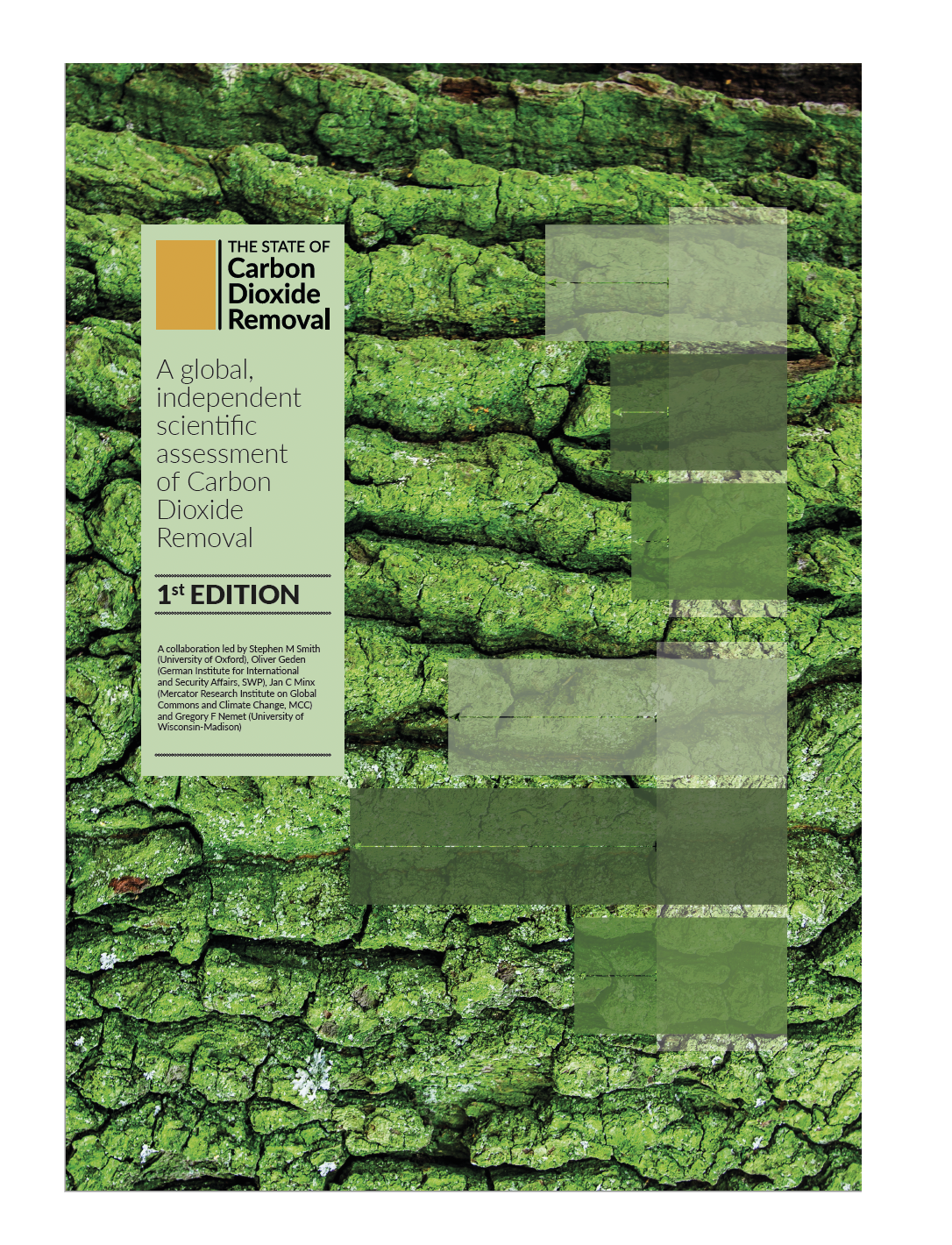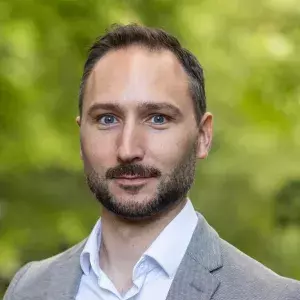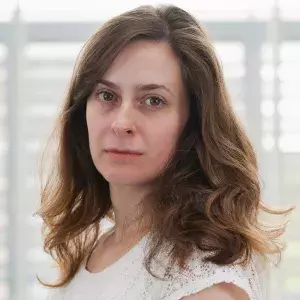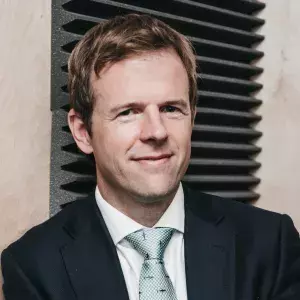CO₂RE – the Greenhouse Gas Removal Hub
Overview
The CO2RE Greenhouse Gas Removal Hub (CO2RE) is a UKRI-funded gateway to research expertise on Greenhouse Gas Removal (GGR). The programme focuses on solutions-led research into economically, socially, and environmentally scalable GGR options.
We carry out research, coordinate demonstration projects, connect to other national and international programmes, and commission grants through a flexible fund. To date, this is the largest GGR programme funded by the UK government and will enable the country to lead in the push towards global net-zero emissions.
Our work
In order to achieve a net zero emission economy by 2050 and potentially net-negative emissions thereafter, we need an effective means of removing greenhouse gases from the atmosphere in addition to a dramatic reduction in emissions. This requires the creation and scaling up of a global GGR industry. In the UK alone, GGR needs to be capable of removing around 100 million tonnes of carbon dioxide per year by 2050. To achieve the increase in scale in such a short time frame:
- Technologies must be cheaper to implement
- Business models need to be developed
- Publicly acceptable and socially robust economic policies, and legal and regulatory frameworks must be in place.
Our multi-disciplinary research explores the new science, social permissions, policies and business ideas needed to encourage growth of the GGR industry. We emphasise the need for dialogue with stakeholders from society, and ensure that policy and regulatory frameworks are put in place with incentives to support rapid growth.
In addition to our cross-cutting research, our rigorous approach will ensure that GGR techniques are developed rapidly, effectively, and responsibly alongside action to reduce emissions. Our overarching objectives are:
- Supportive policies: We will provide robust, implementable and equitable options for policy and governance, support for bankable business models for sustainable GGR deployment.
- Scalable technologies: We are developing an evaluation framework for the Demonstrators and other GGR techniques which covers lifecycle assessment, economic costs, environmental impact, governance, and social perceptions. Our aim is to accelerate development of promising, globally scalable GGR, and sift out ineffective options.
- Enhanced capacity: We are building a GGR research & innovation community by linking projects within the Programme as well as with other national and international initiatives. We will explore additional funding to deliver legacy activities, as well as develop transparent and robust decision-support processes to help stakeholders and champions shape and use GGR effectively.
The State of Carbon Dioxide Removal 2 Edition (2024)

The new edition of The State of Carbon Dioxide Removal – the independent, scientific assessment tracking the development of Carbon Dioxide Removal (CDR) globally will launched on 4 June 2024.
With updated data, expanded global coverage and a new chapter on Monitoring, Reporting and Verification (MRV).
Learn more about the State of CDR report
Watch the launch of the State of CDR report
The State of Carbon Dioxide Removal - 2023

Carbon Dioxide Removal (CDR) involves capturing carbon dioxide (CO₂) from the atmosphere and storing it for decades to millennia on land, in the ocean, in geological formations or in products.
Innovation in CDR has expanded substantially, exemplified by R&D, in patents and capacity investment. CDR has been subject of increasing public attention, and the peer-reviewed scientific literature now consists of over 28,000 English-language studies, growing at a faster rate than for climate change as a whole.
In 2023, the Smith School led the first comprehensive assessment of the global state of carbon dioxide removal.
Visit the State of Carbon Dioxide Removal website or download the report (PDF).
Demonstrator projects
Five interdisciplinary research projects will feed into longer-term government decision-making on the most effective technologies to reduce CO2 emissions.
This interdisciplinary project will address the uncertainties concerning the extent and scope of deployment of biochar, including its stability with respect to carbon sequestration, together with quantifying effects on soil health and ecosystem services, economic viability and social acceptability. Field trials will take place at arable and grassland sites in the Midlands and Wales, an open cast coal mine site in Cumbria, denuded railway embankments, and forestry sites in England and Wales.
Project lead: Professor Colin Snape, University of Nottingham
Contact: Dr Genevieve Hodgins, genevieve.hodgins1@nottingham.ac.uk
Research Team: Universities of Nottingham, Leeds and Bangor, UK Centre for Ecology and Hydrology, Forest Research, the Scottish Universities Environment Research Centre and project partners including from the agricultural sector, biochar producers and the international biochar community.
The enhanced rock weathering project will explore amending soils with crushed calcium and magnesium rich silicate rocks from waste quarry fines to accelerate natural CO2 sequestration processes. It will provide the first integrated whole system assessment of the science, societal and scalability opportunities and challenges of enhanced rock weathering deployment in UK agriculture. Field sites are the Plynlimon Experimental Catchments (mid-Wales), Rothamsted Research's North Wyke grassland experimental platform in Devon, and their cutting-edge arable research facility in Harpenden, Hertfordshire.
This demonstrator builds on the success and leading reputations of Leverhulme Centre for Climate Change Mitigation (LC3M) researchers and aims to assist the UK Government in getting to net zero by 2050.
Project lead: Professor David Beerling, University of Sheffield
Research team: Universities of Sheffield, Aberdeen, Leeds, Oxford, Heriot-Watt, Cardiff and Southampton, National Oceanography Centre (NOC), Rothamsted Research, UK Centre for Ecology & Hydrology and project partners from the mineral and agricultural sectors.
The peatland restoration (GGR-Peat) project will work with natural processes to restore, and where possible enhance, the environmental conditions that lead to peat formation. Simultaneously it will develop innovative approaches to increase rates of CO2 uptake and store it securely for millennia. As part of this project, three experimental test locations will be established in representative lowland and upland peat settings: South Yorkshire, near Doncaster; land owned by the National Trust in the South Pennines; and the Pwllpeiran Upland Research Centre in the Cambrian Mountains of Wales.
Project lead: Professor Christopher Evans, UK Centre for Ecology and Hydrology
Contact: info@ggrpeat.org
Research Team: UK Centre for Ecology & Hydrology (lead), Aberystwyth, Aston, Bangor, Durham, East London and Manchester universities, Scotland’s Rural College (SRUC) and other project partners from government, NGOs and business.
The perennial biomass crops (PBC4GGR) project is investigating the potential for plants like willow and miscanthus to support BECCS in the UK. It will demonstrate novel establishment techniques that maximise yield whilst minimising greenhouse gas emissions, and provide an up to date quantification of the scope for Greenhouse Gas Removal. The project will establish the conditions required for farmer uptake and wider societal acceptance, and investigate the costs, benefits and trade-offs for biodiversity and ecosystem services. New field trials will be developed – for miscanthus at Bishop Burton College, East Yorkshire and willow at Myerscough College, Lancashire.
Project lead: Professor Iain Donnison, Aberystwyth University
Contact: Judith Thornton, jut13@aber.ac.uk
Research Team: Aberystwyth University, UK Centre for Ecology & Hydrology, Rothamsted Research, the Countryside and Community Research Institute and the University of Aberdeen, working with project partners representing key energy crop growers in the UK.
The NetZeroPlus project will gather evidence, address knowledge gaps and allow decision makers to explore the Greenhouse Gas Removal consequences of different tree-planting options and explore all the diverse aspects of forestry to identify "the right tree in the right place". As well as Greenhouse Gas Removal, the project will deliver valuable insights on how tree-planting can deliver other benefits such as enhanced biodiversity, water quality, recreation and health, and pioneer an approach to decision making that takes into account all the effects of land use change.
Project lead: Professor Ian Bateman, University of Exeter
Contact: Kate Gannon, netzeroplus@exeter.ac.uk
Research team: Researchers from the Universities of Exeter and Aberdeen, the National Trust and Forest Research, as well as over 40 project partners including policy makers, all the forestry authorities, many large landowners from the NGO sector and networks to represent farmers and the timber and building sectors.
Our team
Who we are
CO2RE is funded through and coordinates the UKRI SPF Greenhouse Gas Removal (GGR) Demonstrators Programme. Backed by seven institutions and located here at the Smith School of Enterprise and the Environment, our multidisciplinary team spans ages, genders and expertise, working closely with policymakers, the public and industry.
Find out more:
Partners
- University of Oxford
- Imperial College London
- University of Edinburgh
- University of Bristol
- University of Leeds
- University of Manchester
- University College London










